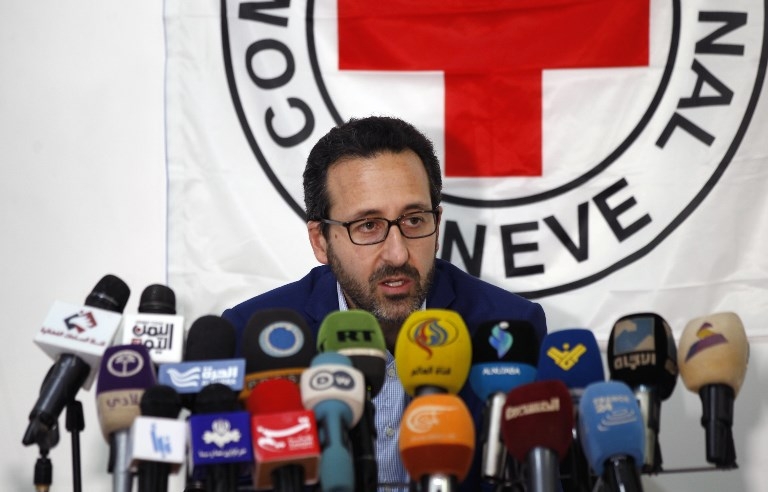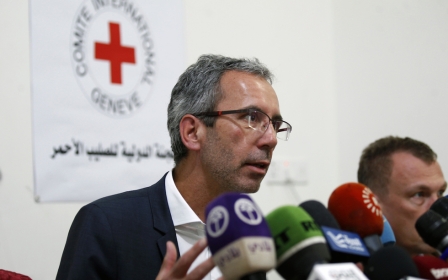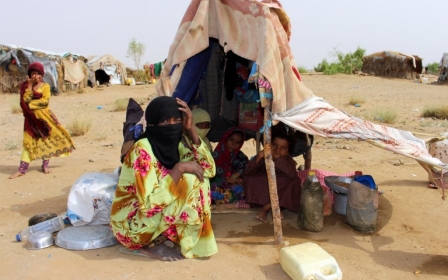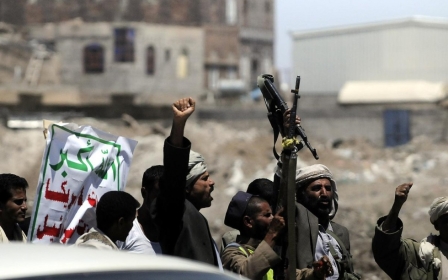Red Cross to send shipment of rice to Yemen via Houthi-held port

The International Committee of the Red Cross (ICRC) plans to send a test shipment of rice to Yemen this month in its first attempt since February to deliver food aid via the port of Hodeidah, which is held by Houthi fighters allied to Iran.
The port has been repeatedly hit by air strikes from a Saudi-led coalition, which has been fighting in Yemen since 2015 to try to restore the internationally recognised President Abd-Rabbu Mansour Hadi to power. It normally handles some 80 percent of Yemen's food supplies as well as humanitarian aid,
"A certain number of maritime companies are starting to use Hodeidah port," ICRC spokeswoman Iolanda Jaquemet said. "We are going to test the waters, so to speak, and send a cargo of rice from Pakistan."
The shipment was expected to leave Pakistan next week and arrive at the Red Sea port the week after, she said.
The Saudi-led coalition says the Houthis have been using Hodeidah to smuggle weapons into the country, and Hadi's government has proposed to the United Nations that it monitors the facility.
The ICRC suspended stopped using Hodeidah port in February. Jaquemet said it had been bringing in supplies to Yemen by land from Jordan via Saudi Arabia and Oman.
The war has killed more than 10,000 people, displaced at least 2 million and destroyed much of the country's infrastructure, including roads, hospitals and schools, pushing Yemen to the brink of famine. It has also fanned the spread of cholera, infecting some half a million people and killing nearly 2,000.
The chairman of the board of Red Sea ports, which includes Hodeidah, said on Wednesday that the Saudi-led coalition in January had stopped the delivery of four mobile cranes organised by the World Food Programme (WFP) to replace cranes destroyed by the coalition last year.
The WFP confirmed the report and said the cranes, which were funded by the US Agency for International Development (USAID) were sent back to Dubai after waiting offshore for more than a week.
A coalition spokesman said the WFP had not coordinated with the alliance before it went ahead and sourced the equipment, adding that the Houthis wanted the cranes to create a source of income from imports to finance the war effort.
He suggested that the cranes be installed instead in al-Mokha port, which is under coalition control.
"It will lift its capacity and help lift the suffering from the Yemeni people by ensuring that revenues go to the legitimate government through the central bank to spend on salaries of Yemenis," Colonel Turki al-Maliki said in a statement.
New MEE newsletter: Jerusalem Dispatch
Sign up to get the latest insights and analysis on Israel-Palestine, alongside Turkey Unpacked and other MEE newsletters
Middle East Eye delivers independent and unrivalled coverage and analysis of the Middle East, North Africa and beyond. To learn more about republishing this content and the associated fees, please fill out this form. More about MEE can be found here.




